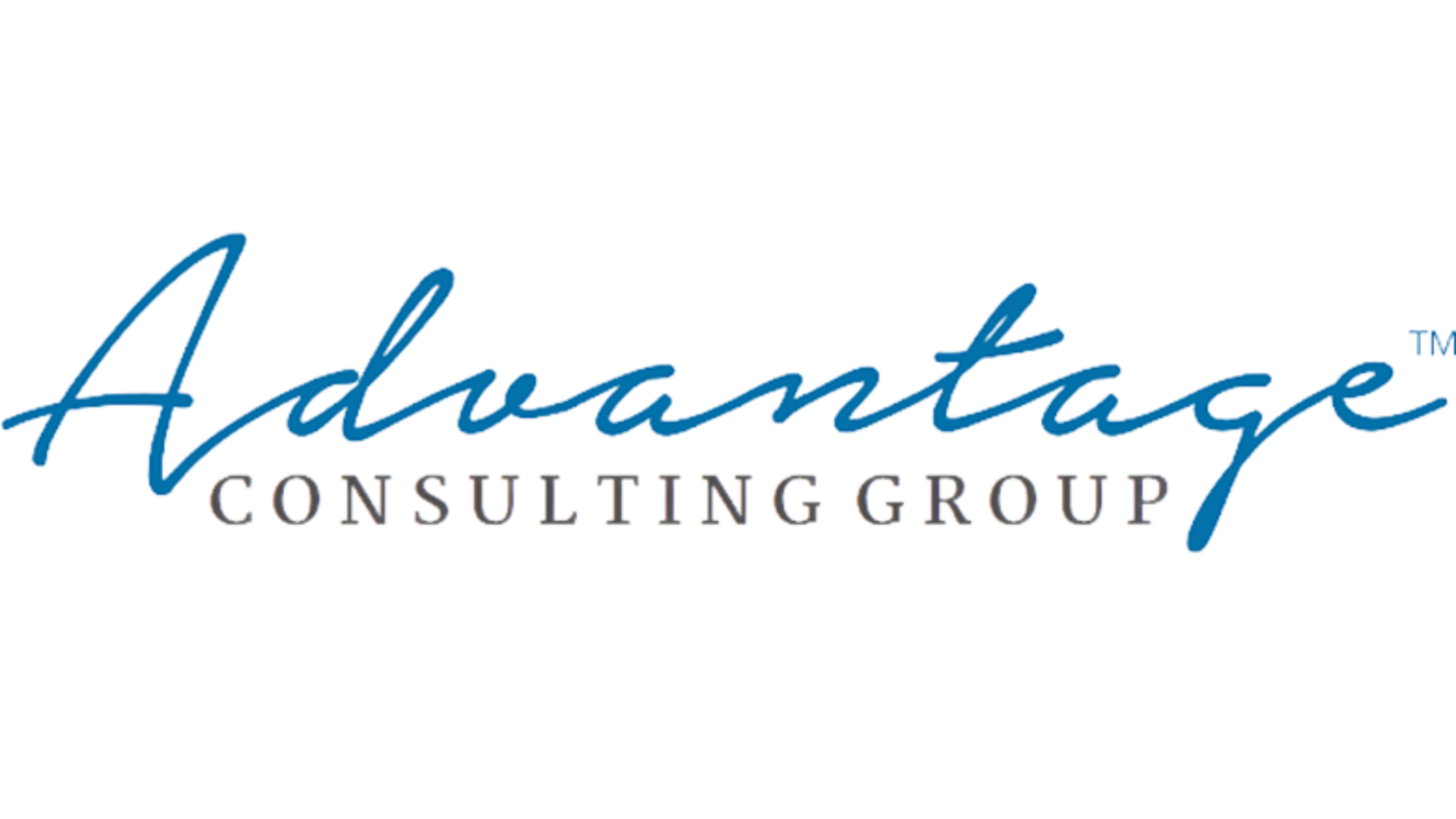Explore the transformative role of HR in championing employee well-being. Dive into strategies for mental health support, work-life balance, and innovative wellness programs. Discover how modern HR practices are reshaping workplace culture for the better.
Ever wondered how the HR department can be the unsung hero in creating a workplace that doesn’t just focus on work but also on well-being? Well, grab a cup of coffee (or tea, if that's your jam), and let's dive into the exciting world of HR-driven wellness.
Why Employee Well-being Matters (More Than You Think!)
Before we jump into the 'how', let's chat about the 'why'. Employee well-being isn't just a fancy buzzword or a trend that'll fade away. It's the backbone of a productive, engaged, and loyal workforce. Remember the saying, "Happy employees, happy company"? It's not just a catchy phrase; it's a reality.
Only 25% of U.S. employees strongly agree that their organization cares about their overall well-being.
In today's fast-paced work environment, where burnout and stress are all too common, focusing on employee well-being isn't just nice to have; it's a must-have.
HR to the Rescue: Mental Health Support
Mental health has, for too long, been the elephant in the room. But no more! HR departments are now taking the lead in breaking the stigma and offering support. From providing access to counseling services, and creating safe spaces for open conversations about mental health, to training managers in recognizing signs of mental distress, HR is at the forefront of ensuring employees feel mentally secure and supported.
Work-Life Balance: It's Not Just a Myth
Remember the days when work-life balance seemed like a distant dream? Well, HR is turning that dream into a reality.
For job seekers, the importance of well-being and work-life balance has become particularly important. In fact, 63% of U.S. workers say that having a greater work-life balance and better personal well-being is very important to them when considering whether to take a job with a different organization.
Flexible working hours, remote work options, and even unlimited vacation policies (yes, it's a thing!) are all initiatives driven by HR. The goal? Ensure employees have ample time to recharge, spend time with loved ones, and pursue passions outside of work. After all, all work and no play make Jack a dull boy, right?
Wellness Programs: More Than Just Free Gym Memberships
When we think of wellness programs, free gym memberships might come to mind. But in the modern workplace, wellness programs have evolved to encompass so much more. Think meditation sessions, healthy snack options in the pantry, ergonomic workstations, and even workshops on financial well-being. HR departments are getting creative in ensuring employees are healthy, not just physically, but mentally and emotionally too.
The Ripple Effect of Employee Well-being
Now, you might wonder, "All this sounds great, but what's in it for the company?" Well, a lot! Employees who feel valued and taken care of are more likely to be engaged, productive, and loyal. They're also less likely to take sick days or suffer from burnout. In the long run, a focus on employee well-being can lead to reduced turnover, higher employee satisfaction scores, and yes, even a positive impact on the bottom line.
In Today’s World
So, there you have it. The HR department isn't just about hiring, firing, and managing payroll. It plays a pivotal role in fostering a workplace culture that prioritizes employee well-being. And in today's world, where the lines between work and home are increasingly blurred, this role is more crucial than ever.
For all you HR job seekers out there, remember this: As you step into your roles, you have the power to shape workplace cultures, drive positive change, and truly make a difference in employees' lives. Embrace it, champion it, and watch the magic unfold.
FAQs
How can HR departments measure the success of well-being initiatives?
Through regular employee surveys, monitoring sick days, and tracking employee engagement and retention rates.
Are wellness programs expensive to implement?
Not necessarily. While some initiatives might require an investment, others, like flexible working hours or mental health workshops, can be cost-effective.
How can small companies with limited resources focus on employee well-being?
Start small. Even simple initiatives like regular check-ins, promoting breaks, or offering flexible hours can make a big difference.
Ready to champion employee well-being in your HR role? Dive deeper, stay informed, and be the change you wish to see in the workplace. After all, a happy, healthy workplace is a win-win for everyone!


